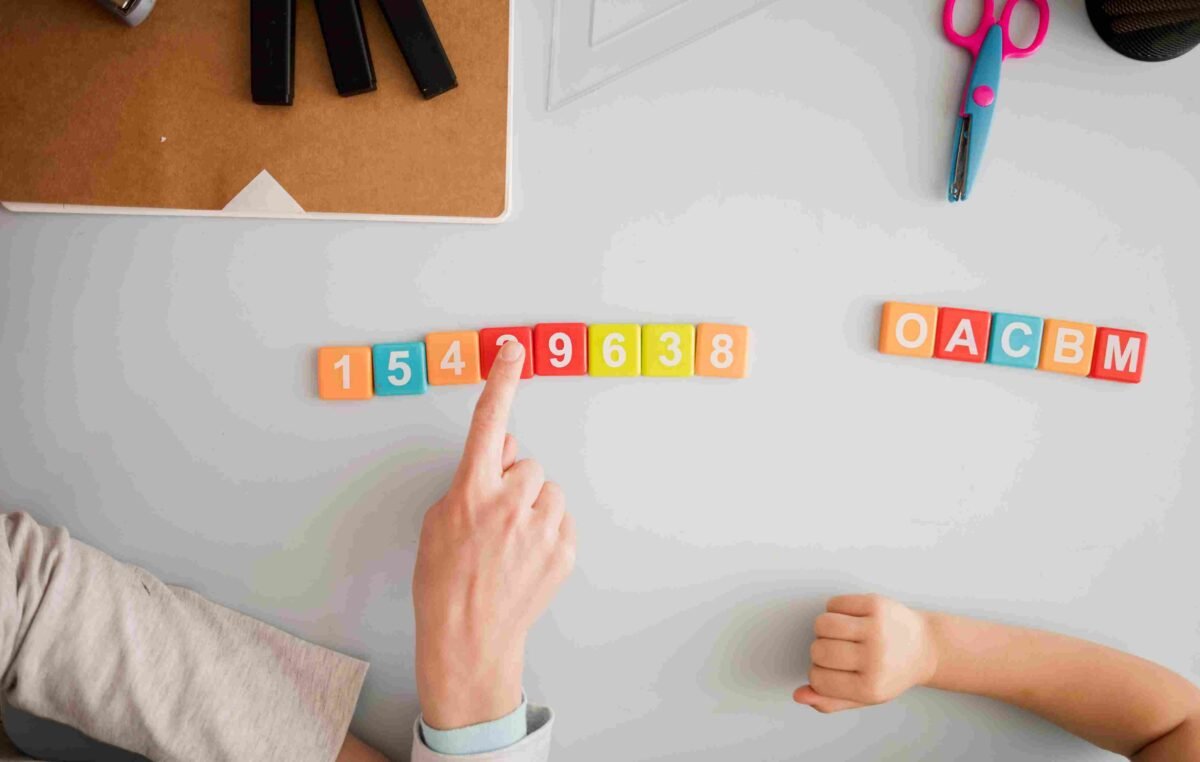The 11 Plus is a competitive exam for entry into top grammar schools in England. It tests the skills and capabilities of Year 6 students and contains questions from key subjects, including English, Maths, Verbal Reasoning, and Nonverbal Reasoning.
Many students struggle with Verbal Reasoning questions due to their logical nature. In this blog, we comprehensively explain the top 7 strategies for easily and quickly tackling 11 Plus Verbal Reasoning questions.
What are 11 Plus Verbal Reasoning Questions?
Verbal Reasoning questions test children’s logical thinking skills. Most of the questions are tricky and need careful analysis to be solved.
Verbal Reasoning includes the following question types:
- Synonyms & Antonyms
- Word Codes
- Word Analogies
- Missing Letters
- Logical Sequences
For Example,
Which of the following doesn’t belong in the group?
- Apple b) Orange c) Potato d) Grapes
Top 7 Strategies for Solving 11 Plus Verbal Reasoning Questions
The following are the top 7 effective strategies for solving 11 Plus Verbal Reasoning questions quickly and effectively.
- Build a Strong Vocabulary
A strong vocabulary is essential for tackling Verbal Reasoning questions. A strong vocabulary helps students easily understand word patterns and their relationships.
You can easily build a strong vocabulary by:
- Reading a lot
- Playing Word games
- Speaking English
- Consulting Dictionary
Online tutors are of significant help in this regard. They help students build their vocabulary and teach effective strategies to excel in Verbal Reasoning.
With a success rate of over 85% the 11 Plus Tutoring has helped thousands of students. You can also get online 11 Plus Verbal Reasoning Practice with highly qualified tutors to help with tricky questions. Their comprehensive Verbal Reasoning lessons ensure students are well-prepared to take the exam.
- Practice Synonyms and Antonyms
Your child must master synonyms and antonyms to tackle Verbal Reasoning questions and achieve their desired grades easily. Knowing antonyms and synonyms helps your child understand the relationship between words.
Children can master synonyms and antonyms by:
- Reading Dictionary
- Playing Synonym Games
- Solving interactive synonyms and antonyms exercises on different websites.
- Improve Comprehension Skills
Good comprehension skills help your child identify the relationship between words, interpret information, and determine the details, which are the key parts of the Verbal Reasoning paper.
Your child can improve comprehension skills by:
- Actively Reading
- Writing summaries
- Master Analogies
Analogies comprise a significant portion of Verbal Reasoning questions in the 11 Plus exam. It includes identifying the relationship between words.
You can master analogies by:
- Daily practice.
- Solving Analogy exercises on different websites.
- Identity relationships between words
- Learn to Decode
Verbal reasoning contains pattern recognition questions, which include decoding the patterns. You should help your child master decoding to solve the questions related to pattern recognition efficiently.
Your child can efficiently solve sequence-based questions by:
- Practising with the simple substitution questions
- Focusing on letter patterns
- Polishing their logical thinking skills
- Take Mock Exams
Mock exams are among the most efficient resources for preparing for the 11 Plus exam. Taking mock exams will help you learn how to tackle Verbal Reasoning questions efficiently.
Mock exams help students:
- Familiarise themselves with the exam format.
- Simulate a real exam environment.
- Overcome exam anxiety
- Learn Time Management
- Time Management
Time management is crucial in the 11 Plus exam. Since time is limited, you must be very careful.
Don’t spend more than 3 minutes on one question. If you cannot solve a tricky question, move to the next and return to it later.
Practice plays a crucial role in polishing your child’s time management skills. Encourage your child to take timed practice tests and mock exams to improve speed and learn time management skills.
When Should My Child Start Preparing to Handle Verbal Reasoning Questions Effectively?
It is advisable to start preparation for the 11 Plus exam as soon as possible. An early start to the preparation helps your child effectively cover all key subjects and take practice tests and mock exams.
Your child should start practising Verbal Reasoning questions in Year 4. If your child begins preparation in Year 4, they will have 2 years to master all the concepts of Verbal Reasoning and practice.
Year 4: Understand the basics and various concepts of Verbal Reasoning questions
Year 5: Daily Practice + Take mock exams
Conclusion
Verbal Reasoning questions make up a significant portion of the 11 Plus exams. You can effectively and efficiently handle the question by building a strong vocabulary, practising synonyms and antonyms, improving comprehension skills, mastering analogies and learning to decode words.
Don’t forget to take timed mock exams and practice tests to overcome exam anxiety and polish your time management skills. Good luck!


